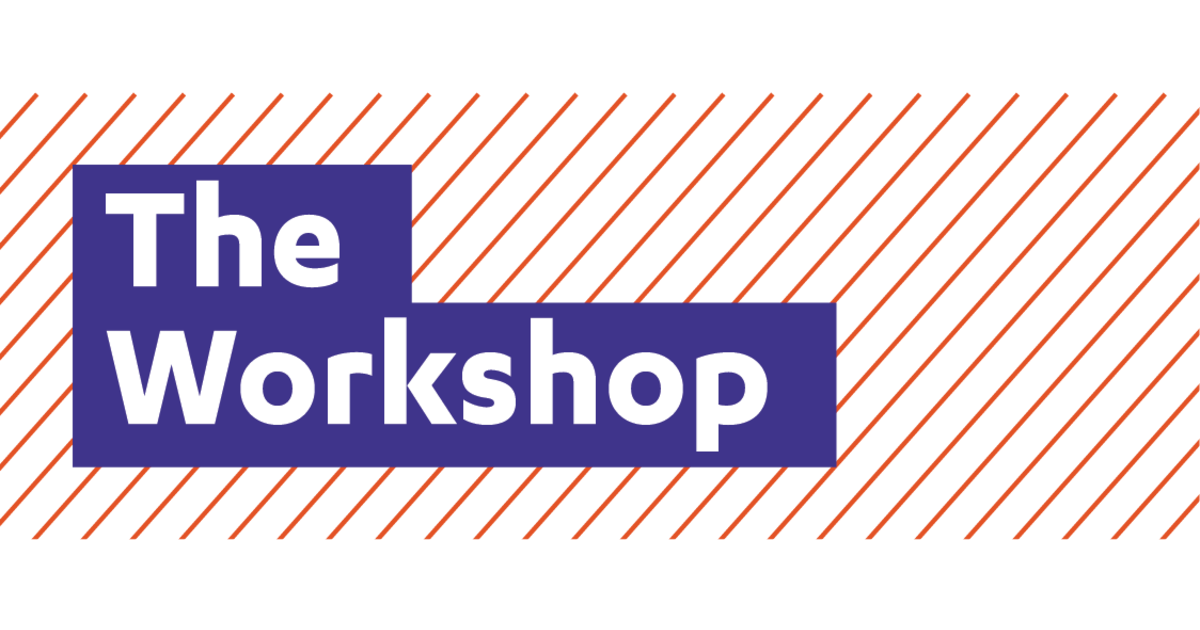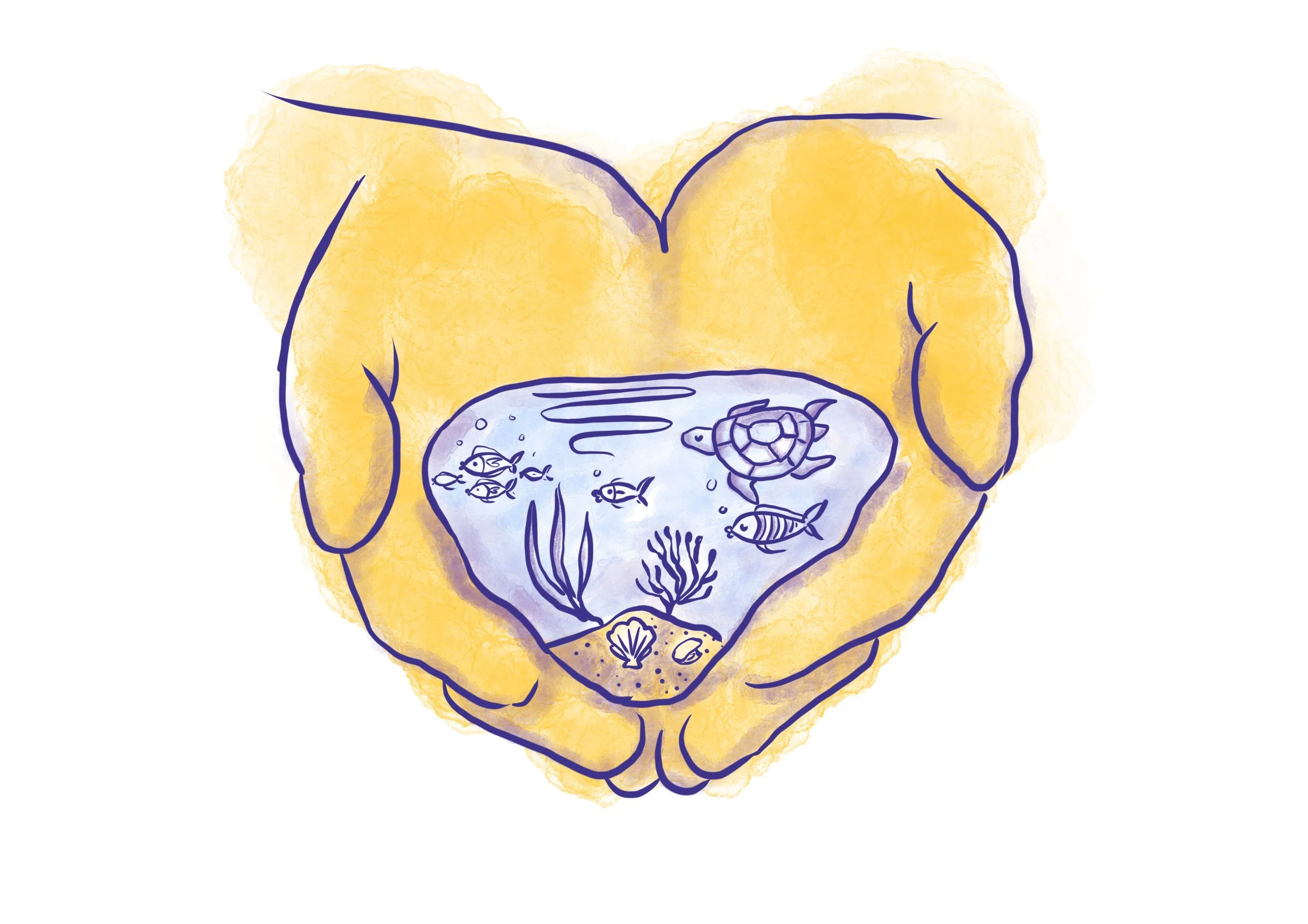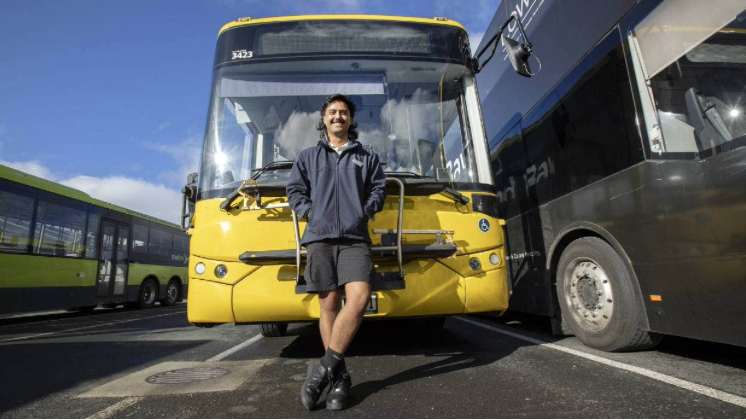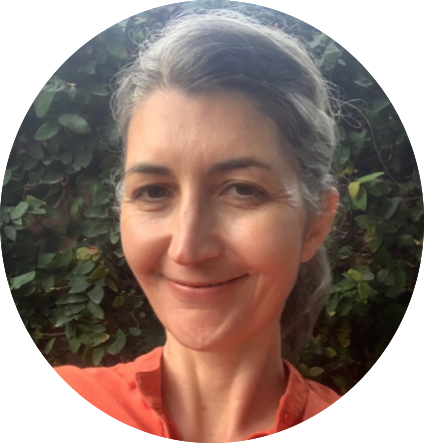Kia ora from Jess,
This month we’ve been talking about the air we breathe and the work we can all do to build support for policies that keep our air environment healthy.
For most of us in New Zealand, having clean water, oceans and air is important — to protect and maintain our health and the health of the planet. When it comes to the air we breathe, most of us also feel it's especially important that all our children are breathing air that keeps them well.
However, a critical new study into the air we breathe in Aotearoa — The Health and Air Pollution in New Zealand (HAPINZ) study — into the impacts of air pollution on our communities shows us that is not the case in Aotearoa. Many New Zealanders, including our children, and notably children in lower income areas, breathe air in their home, on our streets, in schools, and during their travel journeys that is harming their health. And much of this harmful air is caused by air pollutants pumped out from the many cars and trucks we have come to rely on to move people and goods around.
Read about the health and air pollution study on the Ministry for the Environment website
The good news is that work is happening by people in government to open our streets to healthier forms of mobility and transport — like walking, bikes, public transport, and electric bikes, cargo bikes and cars. Transport policy changes towards building a system that reduces the need to drive cars and trucks in and between our cities will reduce air pollution. However, people in government need to speed up these changes to protect more people, more quickly, and to protect the environment.
The environmental health workers that take care of us all
The HAPINZ study was led by Dr Gerda Kuschel and a team of environmental health specialists. These experts are like an environmental ground crew in our communities — we don't often see them, but they’re working hard to monitor our air and other aspects of our physical environment to ensure we’re all taken care of as we go about our lives.
The Workshop team was asked to help this crew. Our role was to help Gerda and the team:
identify how people might think about air quality and health — their mindsets
consider how these mindsets might hinder people’s understanding and support for policies that will improve air quality
identify ways that people can talk about the issues more effectively when advocating for changes that will make the biggest difference to the health of our air and all of us who breathe it.
Crafted at The Workshop this month
Can conservative values and messengers share effective climate change messages?
A recent paper and associated videos have got people talking about what happens when we use politically conservative values to frame climate change communications. Our co-director Jess Berentson-Shaw and researcher Ellen Ozarka respond with this blog reflecting on values and climate change communications.
Read the blog - Conservative values and messengers, what's the deal in climate change communications - on our website.
Insights & Examples from the Narrative Movement
Moving Mindsets - 4 Things to Consider when Shifting Mindsets
"Mindsets can change, and with it policies and practices." - Deb Halliday.
If we want to make the changes that will make the biggest difference, we need to build public understanding and support. This means shifting the mindsets of the general public — not just policymakers. This article by Deb Halliday for Collective Impact Forum highlights four helpful things to consider when you’re working to shift mindsets.
Know WHOSE mindsets you need to change
Know IF the mindsets CAN be moved
Know IF your issue calls for moving mindsets
Mindsets are NOT just attitudes, conclusions, social norms and worldviews.
Read the full article - Moving Mindsets - on Collective Impact Forum's website.
A Great Mode Shift Messenger
We love this article on mode shift from Stuff last week, interviewing bus driver and university student, Ethan Hakopa. Ethan shows us the power of a cool messenger with a great message sharing the benefits of taking the bus – “For me, it’s just fun. You meet your neighbours. You see your friends. It builds a little community around the bus.”
Great messengers are those who are trusted by their communities, and who share the same values as the people you are trying to speak to.
Read the full article - Meet one of Wellington's coolest bus drivers - on Stuff's website.
Welcome Minette!
We are delighted to welcome Dr Minette Hillyer to our team as the Senior Narrative Advisor - Insights. Minette steps into this role with over 20 years of experience as a researcher, analyst, writer and teacher specialising in discourse and ways of making meaning. We’ve asked Minette some questions to get to know her more.
What were you up to before The Workshop?
Before joining The Workshop, I worked at Te Herenga Waka Victoria University of Wellington in the Media Studies programme. I taught and supervised in the area of popular culture (particularly visual culture), media history and critical theory. My research focused on cultural encounters via media, and the ways in which social scientists and other experts historically used media to try to interact with and influence popular culture. I have a particular love for silent cinema. Before that, I was in Auckland for a time, where I grew up, and before that I lived in San Francisco where I was working towards my degree in rhetoric.
What does your ideal Saturday look like?
An ideal Saturday for me would involve sleeping in, followed by a cup of tea and making some bread. I would like to be tramping, or if not tramping, going for a long walk, doing some yoga, spending happy time with my kids and partner and dog, talking with my siblings, seeing a movie, reading a book, and cooking and eating, with no cleaning or shopping involved. I might need Sunday as well, for all that!
What drew you to The Workshop?
I was drawn to The Workshop because I wanted to work in a supportive, collaborative environment which actively worked toward social and environmental justice. I also felt like I really recognised the basis of the narrative work being done at The Workshop, and that my skills and experience could be of use here.
Get in touch with operations@theworkshop.org.nz if you would like to talk to us about how we can help you with specific advice or do training for your team.
The Workshop Team - Marianne, Jess, Carolyn, Jordan, Gidion, Ellen, Nicky, Jayne, Tom, Julie, Hannah, Minette, and Nick.
PS: If this email was forwarded to you, you can get future emails like this by signing up here.




